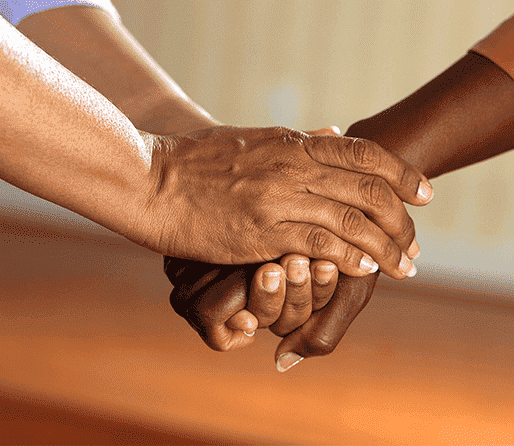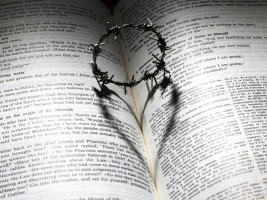Lastjourney Blog
What will happen to your Digital Presence after you pass away? – Digital Legacy.]
![What will happen to your Digital Presence after you pass away? – Digital Legacy.] What will happen to your Digital Presence after you pass away? – Digital Legacy.]](https://www.lastjourney.in/uploaded_files/thumb_cache/thumb_684_575_digital-legacy.jpg)
![What will happen to your Digital Presence after you pass away? – Digital Legacy.] What will happen to your Digital Presence after you pass away? – Digital Legacy.]](https://www.lastjourney.in/uploaded_files/thumb_cache/thumb_684_575_digital-legacy.jpg)
Reading Time: 3 minutes
All of us are living in two worlds. One is our present reality and the everyday environment, and the other is our digital presence. These digital modes, being so fast-paced, have tremendously changed the way we interact and have allowed different types of people to share and engage. Whether you are a child, a student, or a professional, having an online presence has become as important as getting an Aadhar Card!
But the question is, what happens to our digital assets after we pass away? Is it owned by the respective company? or is it passed on to our family heirs? Will your family and friends be able to access it? Can you notify to whom the access should go?
Before discussing these queries, let’s be clear on what are your digital assets, which will later become your legacy. Everything ranging from your social networks such as Facebook and LinkedIn to your online financial accounts will constitute your digital legacy. It includes blogs, licensed domain names, presence in online communities, music, photos, cloud storage, and emails. Anything you leave behind on data media or the internet will be your digital legacy.
Moving on to the process, the first thing to know is that each online Cremation service you use has its privacy or end of life policy. It is important to understand the policies for the services that you use so that you know who will own and who will have access rights to your digital assets.
For your Social Media Handles such as Facebook, Instagram, LinkedIn, and Twitter, the decisions vary depending on the company policy. For example, Facebook gives family and friends the option to memorialize the account. It does not just give away the login details of the account. Only verified family members can get it and request the removal of account if they don’t wish to get it memorialized.
Just like any other literary content, the economic rights of the content posted online such as posts, blogs, and pictures, go to the legal heirs. The legal heirs of the content creator have the right to the work or royalties if any.
As the social networks, what happens to your email account will depend on the policy of your company. In the case of Google, they may provide the content to an authorized representative of the deceased. But it is a lengthy process, and there is no guarantee for it. On the other hand, Yahoo automatically closes your account if it stays dormant for a particular period.
For financial accounts, banks offer the option to file for a nomination. In the event of the demise of the account holder, the bank will release the money into the account of the appointed nominee.
In addition to this, you can also choose an executor (a family or friend) to whom you can express all your wishes and concerns as to the rights and access of your content. If you have a licensed domain name, your executor can either transfer, end, or continue paying for your license. In the case of music, photos, and other online files, there are two things of concern – who will have access to them and what has to be done to them after you pass away. You can express your wishes to your executor and make sure that your executor has the information he or she needs to access the accounts and download the files.
For your help here is a compilation of the company rules and policies –
Your email address will not be published. Required fields are marked *













